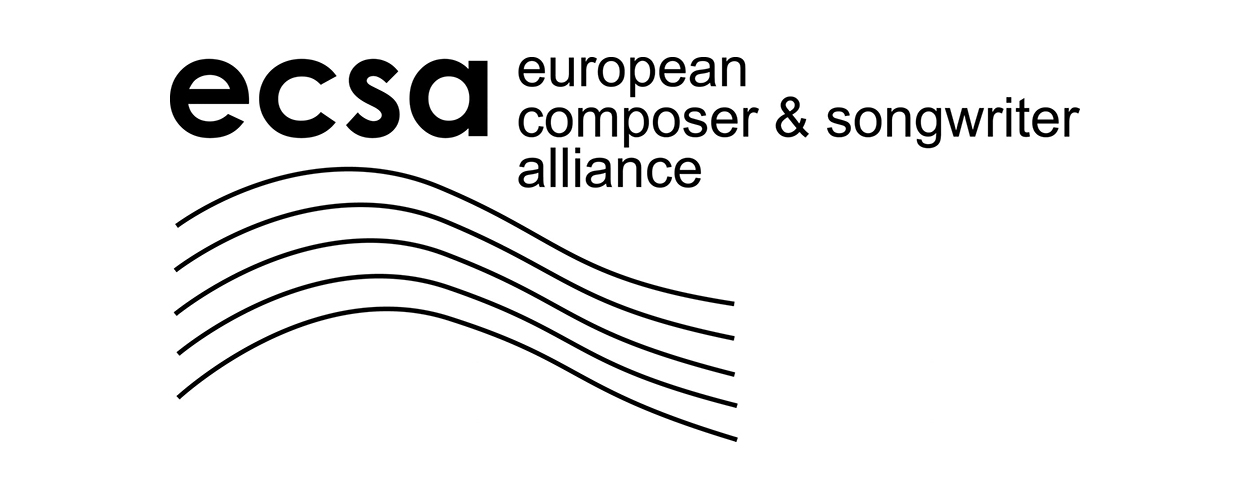This website uses cookies so that we can provide you with the best user experience possible. Cookie information is stored in your browser and performs functions such as recognising you when you return to our website and helping our team to understand which sections of the website you find most interesting and useful.
Business News Labels & Publishers Legal Top Stories
European songwriters hit out at Greek government’s collective licensing takeover
By Chris Cooke | Published on Wednesday 24 April 2019

The European Composer And Songwriter Alliance yesterday confirmed that it has lodged a formal complaint with the European Commission over the Greek government’s intervention into the country’s collective licensing system.
The music industry employs collective licensing in a whole range of scenarios, of course, especially on the songs side of the business where the frequent co-ownership of rights makes the collective licensing approach particularly attractive.
In each country, the local music industry sets up one or more collecting societies to administrate this process. National and – in the EU – European copyright law then regulates these societies in one way or another. It’s no secret that there are good collecting societies and there are inept collecting societies and there are outright corrupt collecting societies.
The Greek song rights society AEIP proudly sat within the latter category, so much so last year it had its licence to operate revoked. Which was a welcome development for long suffering Greek songwriters who set up a new organisation called Autodia to take over the collective licensing of song rights in Greece.
In the wake of the collapse of AEIP, it was hoped that Autodia could set about fixing collective licensing in the country, neatly regulated by the department of government charged with overseeing such things, which is called the HCO. However, instead of getting going with regulating Autodia, the government agency instead decided to set up its own collecting society, in the process hindering attempts by songwriters to get their new rights organisation properly off the ground.
While there are other countries in the world where collective licensing is handled by a government agency, most songwriters and music publishers agree that this is not a good approach, and can leave music makers short-changed. Meanwhile, ECSA reckons that the Greek government’s actions contravene EU competition law.
Explaining its position, the Alliance said yesterday: “[The new society] within HCO is preventing Autodia from accessing any music rights data and Greek music creators are being barred from access to their own information about their own works and income”.
It went on: “The effect is to prevent music creators from exercising their right to join an independent [society] of their choice and to provide an undue competitive advantage to the [society] effectively run by the Greek state. And the unlawful interference in the marketplace at the request of the Greek state is having the effect of preventing important funds from reaching music creators worldwide”.
Confirming that the Alliance had now decided to file a complaint with the EU, the group’s President Alfons Karabuda said yesterday: “The current difficulties in Greece affect first and foremost Greek music authors but also all music creators. We are concerned by the current difficulties in Greece and their detrimental impact on all music creators”.
The European songwriter organisation is backed by global grouping CIAM in its EU complaint about the Greek government’s intervention in the country’s collective licensing system. Its President, Eddie Schwartz, confirmed that support yesterday, declaring that “These actions affect us all”.
He went on: “As creators we stand with our colleagues to ensure that going forward, creators have a sound and lawful administrative system in Greece on which they can rely for their livelihoods. Any music creator should affiliate with the [society] of their choice. No [society] should ever be prevented from responding to the needs of the creators they exist to protect. This is why we are objecting to the situation in Greece”.





